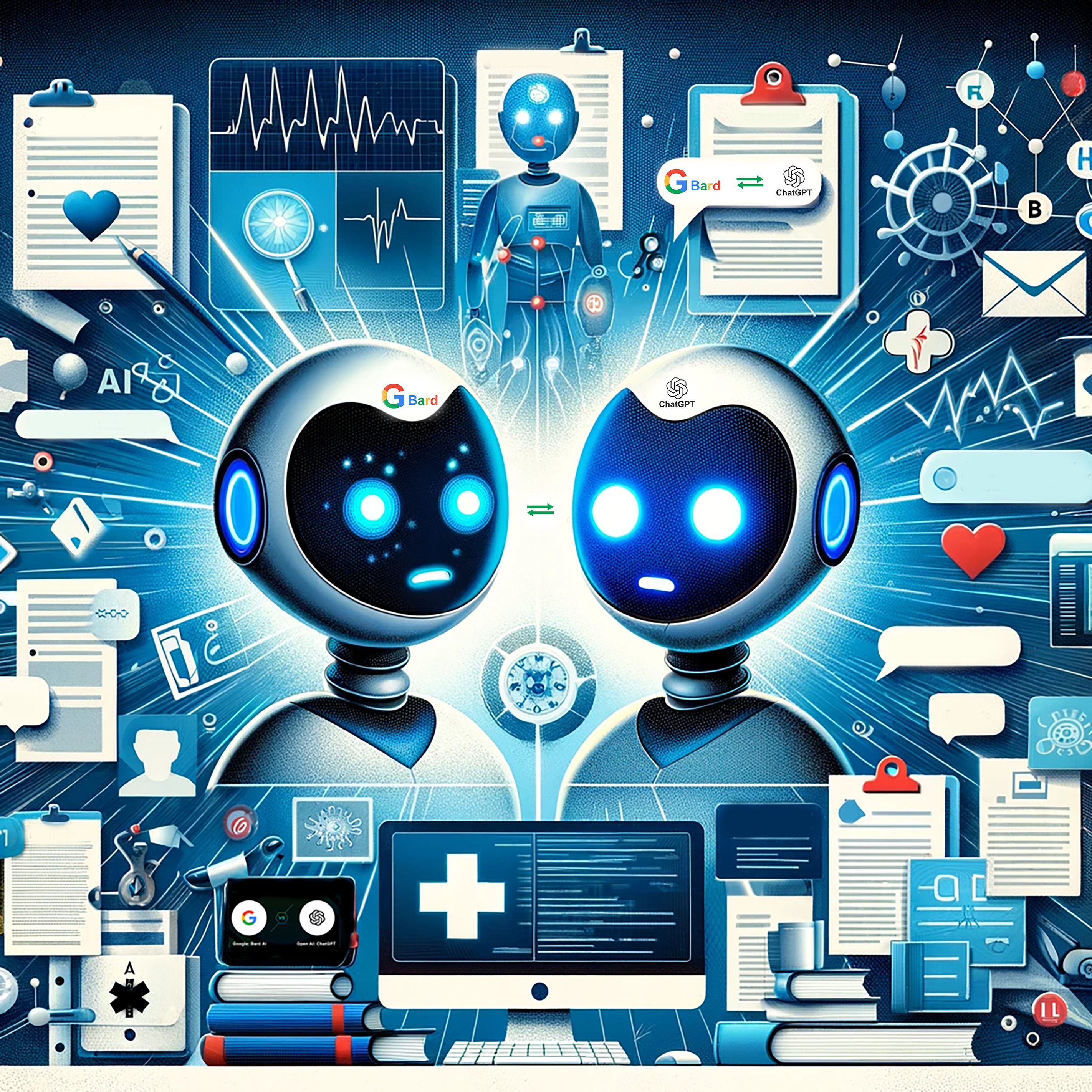A Comparative Analysis of ChatGPT and Google’s AI’s “Bard” in Medicine
DOI:
https://doi.org/10.61838/kman.najm.1.2.5Keywords:
generative artificial intelligence, large language model, GPT-3.5, LLM, transformer networkAbstract
Background: Bard AI, an AI chatbot developed by Google, emerged as a response to the success of OpenAI's ChatGPT. Bard utilizes natural language processing and machine learning techniques to emulate human-like dialogue.
Objectives: In this paper, we wanted to compare the Bard’s performance to that of ChatGPT at various medical and surgical related tasks.
Methods: The responses generated were then examined by three doctors based at three different institutions to compare the performance of each AI chatbot for each specific prompt.
Results: Bard had the ability to generate a discharge summary, summarize medical literature, and recommend relevant medical guidelines. However, Bard’s generated responses were not always clinically appropriate and contained both minor and major errors. Bard and ChatGPT will likely be followed by even more capable AI systems.
Conclusions: As these new tools are released it is important that they be viewed cautiously, ensuring that patient safety remains the fundamental priority.

Downloads
Additional Files
Published
Issue
Section
License

This work is licensed under a Creative Commons Attribution-NonCommercial 4.0 International License.






